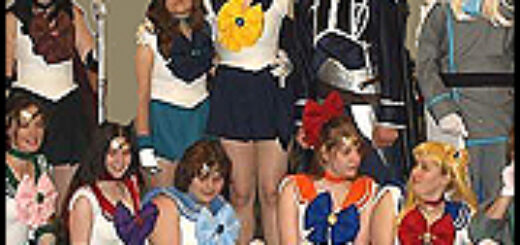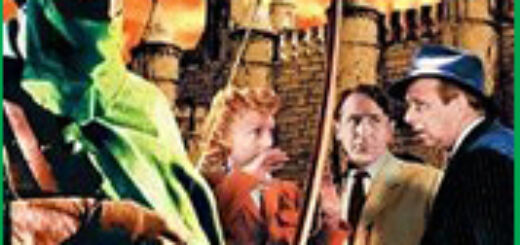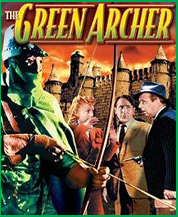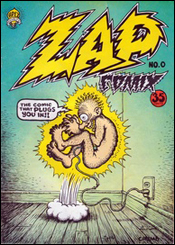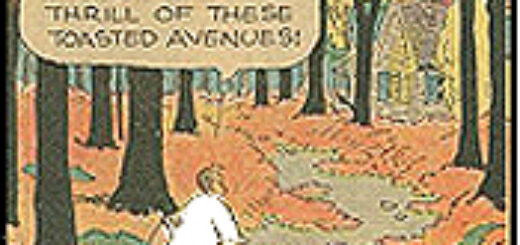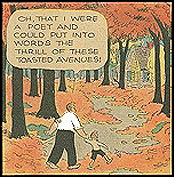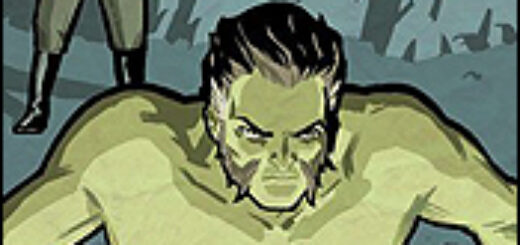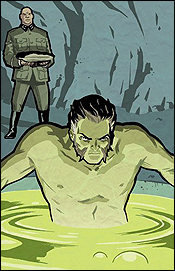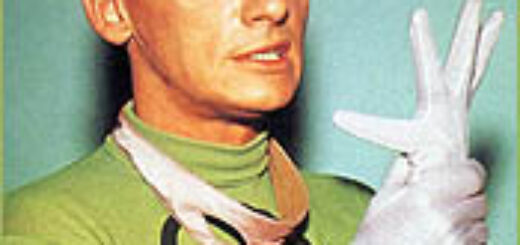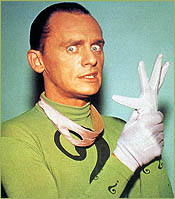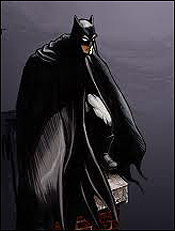Dennis O’Neil: Tribes
Be prepared
And be careful not to do
Your good deeds when there’s no one watching you…
Tom Lehrer, Be Prepared
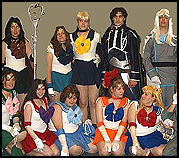 Back about a half-century past, when the streets of New York were grimy and enchanted and I first tiptoed into the supply side of popular culture, I would occasionally ride the subway to alien parts of the city to socialize with science fiction fans. Nice folk, these were. Sometimes they’d ask me about the science fiction books I was reading – and I read a lot of them in those days – and we’d chat. But, I eventually wondered, why weren’t they reading the stuff that I was? Didn’t they identify themselves as science fiction fans?
Back about a half-century past, when the streets of New York were grimy and enchanted and I first tiptoed into the supply side of popular culture, I would occasionally ride the subway to alien parts of the city to socialize with science fiction fans. Nice folk, these were. Sometimes they’d ask me about the science fiction books I was reading – and I read a lot of them in those days – and we’d chat. But, I eventually wondered, why weren’t they reading the stuff that I was? Didn’t they identify themselves as science fiction fans?
My memory is, as always, hazy, but I think I finally decided that what they called fanac had become more important than the fiction that had originally inspired it. The clubs, the meetings, and amateur publications – fanzines, of course – and the conventions occupied their leisure minds and the genre that was identified with the fanac – fan activity, as you have by now guessed – had a lesser place in their concerns. It was useful – it provided a reason for the gatherings and magazines – but the fanac was the thing. Fandom took on a life of its own and there was nothing wrong with that.
Much, much later, when I was seeing socially a lovely young woman who was part of that world (and whom I should have treated way better, and if she’s reading this, I apologize) I realized that fanac served noble purposes: it gave the participants private mythologies to share and elaborate; it gave them a social sphere in which to meet and sometimes mate like-minded others; it gave them places to go and things to do. In short: it gave them a tribe.
I remembered my fanacking friends and their tribal rites when, a couple of days ago, I read that over a thousand Boy Scout leaders were accused of sexual misconduct and their supervisors very seldom blew the whistle on them. Getting to be an old song, isn’t it? Clergymen and educators, make room on the bus for the BSA, and it’s off to hell we’ll go…
Evolution wants us to have tribes and most of us need them. The problems arise when the tribe becomes, to its leaders, more important than the reasons for which the tribe was formed: the football program is a vital part of the university and any young athletes who are harmed are collateral damage, and that is too bad; the church is God’s earthly avatar and its well-being, including its reputation, must be protected at all costs; and don’t the Scouts teach our youth proper values and skills and surely a bit of psychological damage here and there is justified by all the good…
Yeah.
Let us agree: we need tribes. But now, let us ask most earnestly: what do the tribes need?
RECOMMENDED VIEWING: The Meaning of Life – Perspectives from the World’s Great Intellectual Traditions, presented by Jay Garfield and available from The Great Courses. If you take only one philosophy course…
FRIDAY: Martha Thomases’ Wartalk

